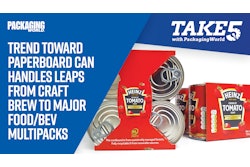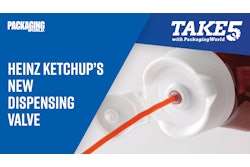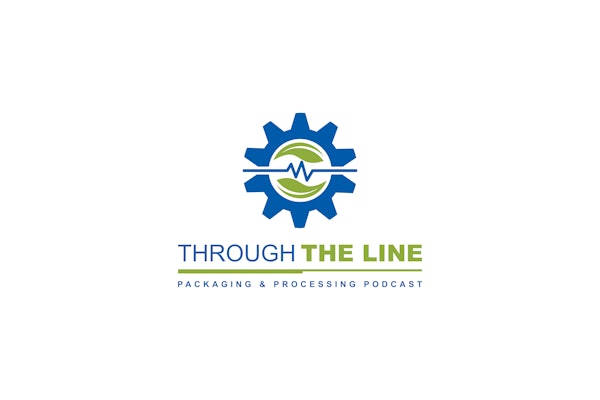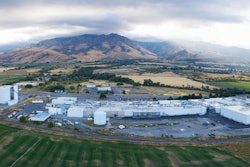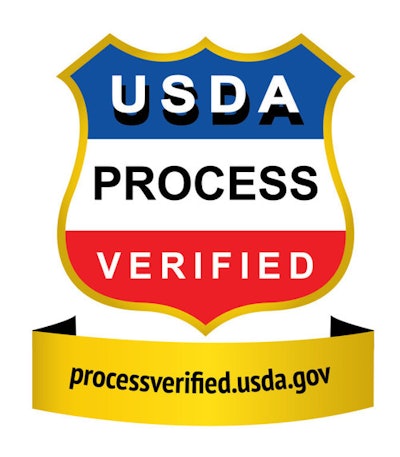
Low Carbon Beef (LCB), a cattle certification program that enables beef farmers and ranchers to earn premiums by reducing carbon emissions of their cattle operation, has been approved by the USDA Agricultural Marketing Service (AMS) as a USDA Process Verified Program (PVP) Service Provider.
LCB certification provides a quantifiable measure for cattle raised with a reduced carbon footprint. The LCB process verifies that cattle have been raised with reduced greenhouse gas emissions using a comprehensive lifecycle assessment that quantifies the impact of sustainable herd management practices and cattle performance throughout the life of the animals. There is no cost to producers for participating in the program.
 | Meat Institute Announces Climate Targets |
Family farms, cattle ranchers, feedyards, and beef packers are eligible to enroll their cattle for the LCB certification. To qualify for the program, cattle must demonstrate at least 10% lower greenhouse gas emissions than the industry standard baselines based on the Low Carbon Beef Scoring Tables. Cattle are measured across 20 criteria associated with feeds, fuels, fertilizers, and cattle function (performance). LCB’s research indicates that 71% of consumers expressed they are willing to pay a premium for beef certified as being produced with sustainable methods. This certification supports that growing consumer demand for environmentally sustainable goods.
A science-based program, LCB will continuously improve its lifecycle assessment calculations as the field continues to learn more about greenhouse gas impacts from beef production, including new research on soil carbon sequestration, anti-methane feed additives, anti-ammonia feed additives, bioenergy production from manure, and genetic influences on methane production, among others. By implementing ongoing innovations to reduce greenhouse gas emissions and continuing to provide beef producers with guidance on economical ways to reduce their emissions, LCB aims to provide additional certifications in the future corresponding to larger emissions reductions, such as 25%, 50%, and even carbon-negative beef certifications.

